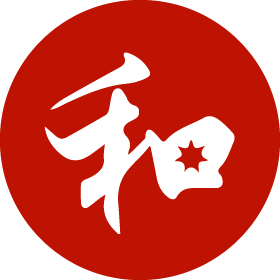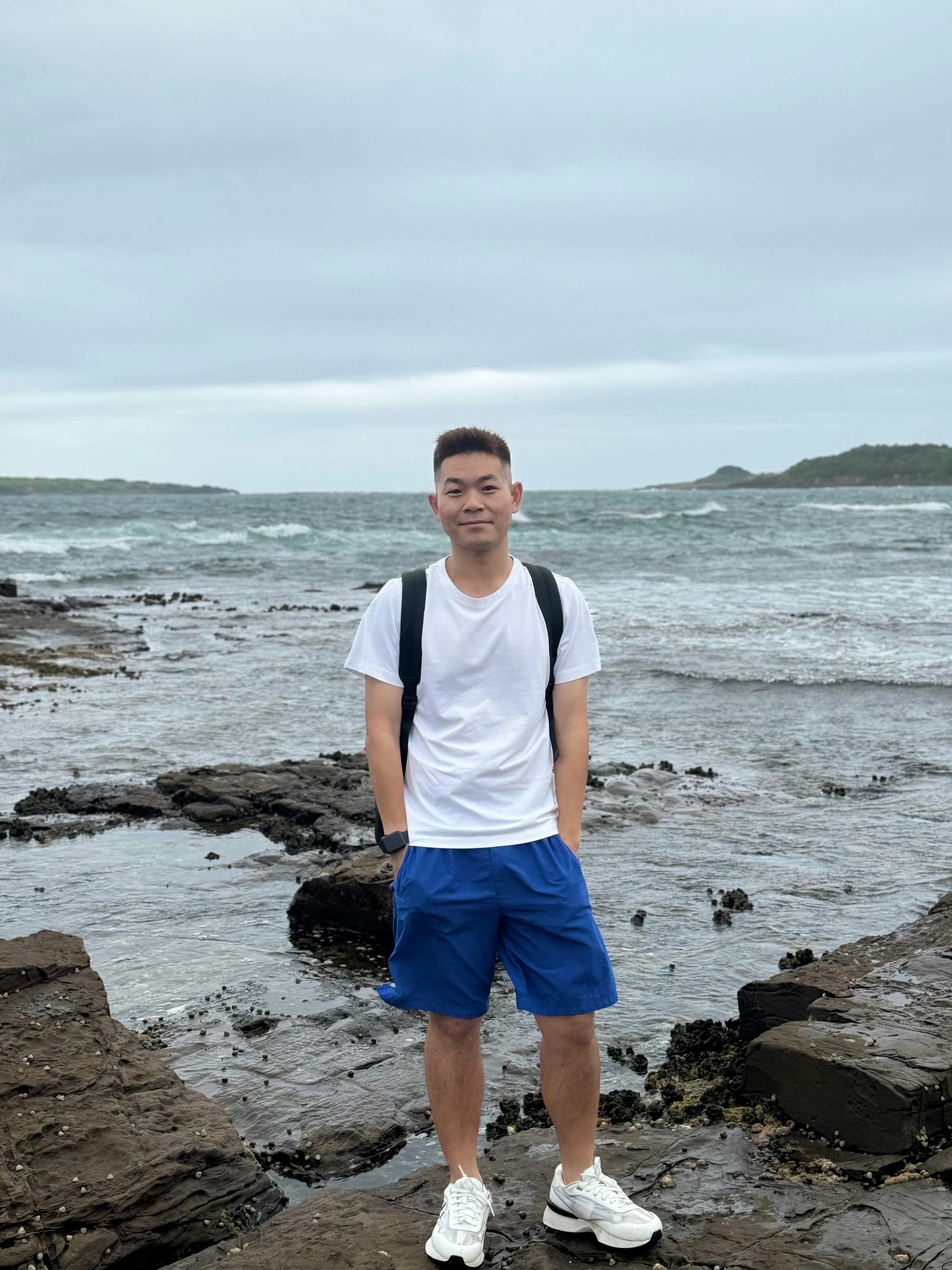ACYA September Newsletter: One Update, Two Dialogues!
Don't miss ACYA's September Newsletter featuring UWA Youth Talk on Diplomacy and interviews with two exceptional guests.
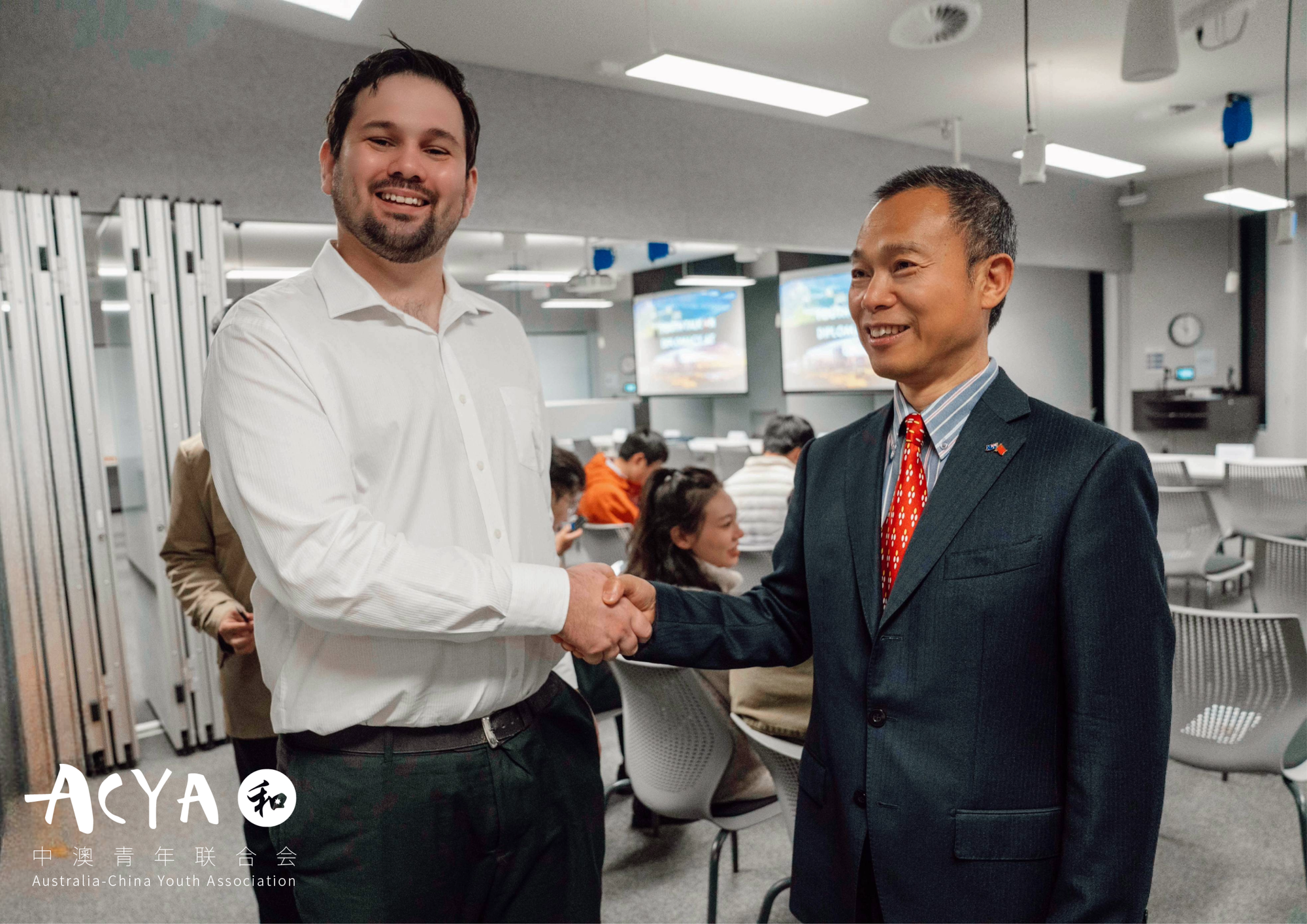
ACYA UWA Co-hosts Youth Talk on Diplomacy with The Consulate-General of China in Perth
On Thursday 22 August, ACYA The University of Western Australia (UWA) proudly co-hosted Youth Talk on Diplomacy with the Consulate-General of China in Perth. Consul-General of Malaysia Nur Eliza Jemal Zainal, Deputy Consul-General of Japan Hasegawa Daisuke, and Vietnamese Consul Minh Nguyen all attended as special guests along with over 60 students and young professionals.
UWA Chapter President Joseph Chen emceed the evening with Consul-General Long Dingbin offering opening remarks on China‘s commitment to further deepening comprehensive reform, high-quality development, and mutually beneficial cooperation between China and Australia. The Consul-General also remarked that China was changing from ‘fast-growth to quality-growth’ and that this would impact Australia-China relations.

ACYA National President Mackenzie Lang also offered remarks on the importance of the extensive cultural and economic ties between China and Australia, and his hopes for continued engagement between the youth of the two countries, saying ‘The world is messy and complicated, but there have always been young people willing to step up and take responsibility. They change the world, it’s the only way to change the world’.
Vice Consul Liu Haitao presented on ‘The Olympics and China-Australia Relations’ and Consul Wang Shuwei, ‘Mankind and China-Australia Mutually Beneficial Cooperation’.



ACYA UWA Youth Talk on Diplomacy
After their presentations and a brief break for snacks, Vice-Consul Liu, Consul Wang, and ACYA President Lang sat down for a panel discussion on Australia-China relations that touched on multiple key issues such as manufacturing overcapacity in China and the downturn in real estate prices.
This September, ACYA also focuses on two exceptional guests, both distinguished in their respective fields - from Australia-China tertiary education to the pharmaceutical industry. We are honored to welcome Nancy Yu, the Director of ANU China Centre, and David, a pharmaceutical consultant in the Australian government, for our interview.
“Everything Just Happened As It Should” An Exclusive Interview with Nancy Yu, Director of ANU China Centre

Couldn’t make it to ACELS 17 in Shanghai this year? Don’t worry! Our ACYA Publications team won’t let a single inspiration flee away. This September, we’re excited to welcome back Nancy Yu, guest speaker for the education panel at ACELS 17, for an insightful conversation in our newsletter.
Nancy Yu is the Director of the Australian National University (ANU) China Centre in Beijing. With over 5 years of experience, she has gained a deep understanding of and successfully navigated bilateral challenges affecting Australia-China tertiary education. In this interview, she shares the achievements of the ANU China Centre over the past few years, her perspectives on international education, and offers valuable advice for those who want to engage in the international tertiary education industry.
Her studies in the UK two decades ago rewrote the script of her career and led her to be an active practitioner in the international education industry. “Everything just happened as it should,” she reflects confidently when looking back on her journey. Here is her story.
Q: Welcome, and thank you for joining us at ACELS 17! Were you previously familiar with ACELS? and how did you feel when you were invited to be a panelist for the education session at ACELS 17?
A: Thanks for inviting me. Yes, I do know ACELS and its importance in linking the youth of two countries. Of course, very excited to be invited and attend the ACELS 17 as one of the panelists.
Q: We know that you have worked for ANU China Centre for over 5 years. Could you please briefly introduce ANU China Centre to our readers? How did you get involved?
A: I joined ANU China Liaison Office in 2018 and the office was upgraded to China Centre in 2021. The China Centre, as one of the two satellite offices of ANU overseas, oversees the general business of ANU in China. That includes academic collaborations, student and alumni services, branding, business development, government affairs, and so on.
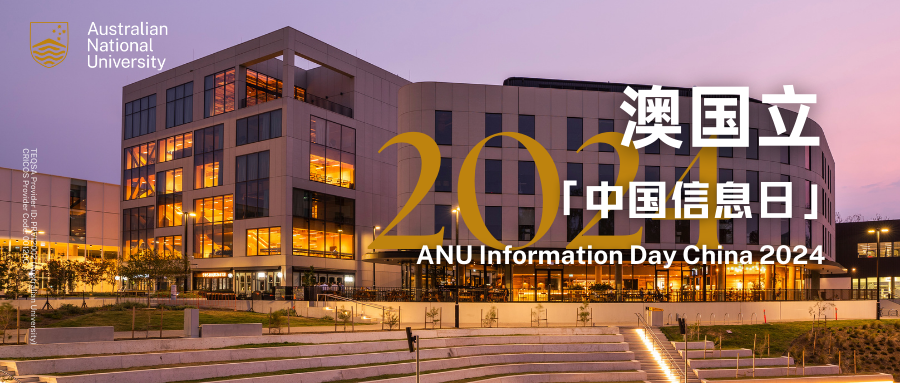
Q: What are your thoughts on the topic 'From Online to Offline: Increasing Exchange in Tertiary Education and Research'? Is there anything you would like to add for our readers beyond what was discussed at ACELS?
A: This is actually a very timely topic for education industry, students and education professionals, esp. right after Australian Prime Minister Anthony Albanese visited China last November and Chinese Premier Li Qiang visited Australia in June 2024. Well, as the National University of Australia, ANU has been engaging with our Chinese partners, including leading research bodies and universities in the past decades. And our very positive experience proves how important deep cooperation and mutual understanding mean to both sides.
In line with the ANU strategy, we provide high-quality services to our stakeholders and raise ANU’s profile in China-wide. We are quite proud of ANU and our work in China, now we have a Shanghai Desk established in early 2023.
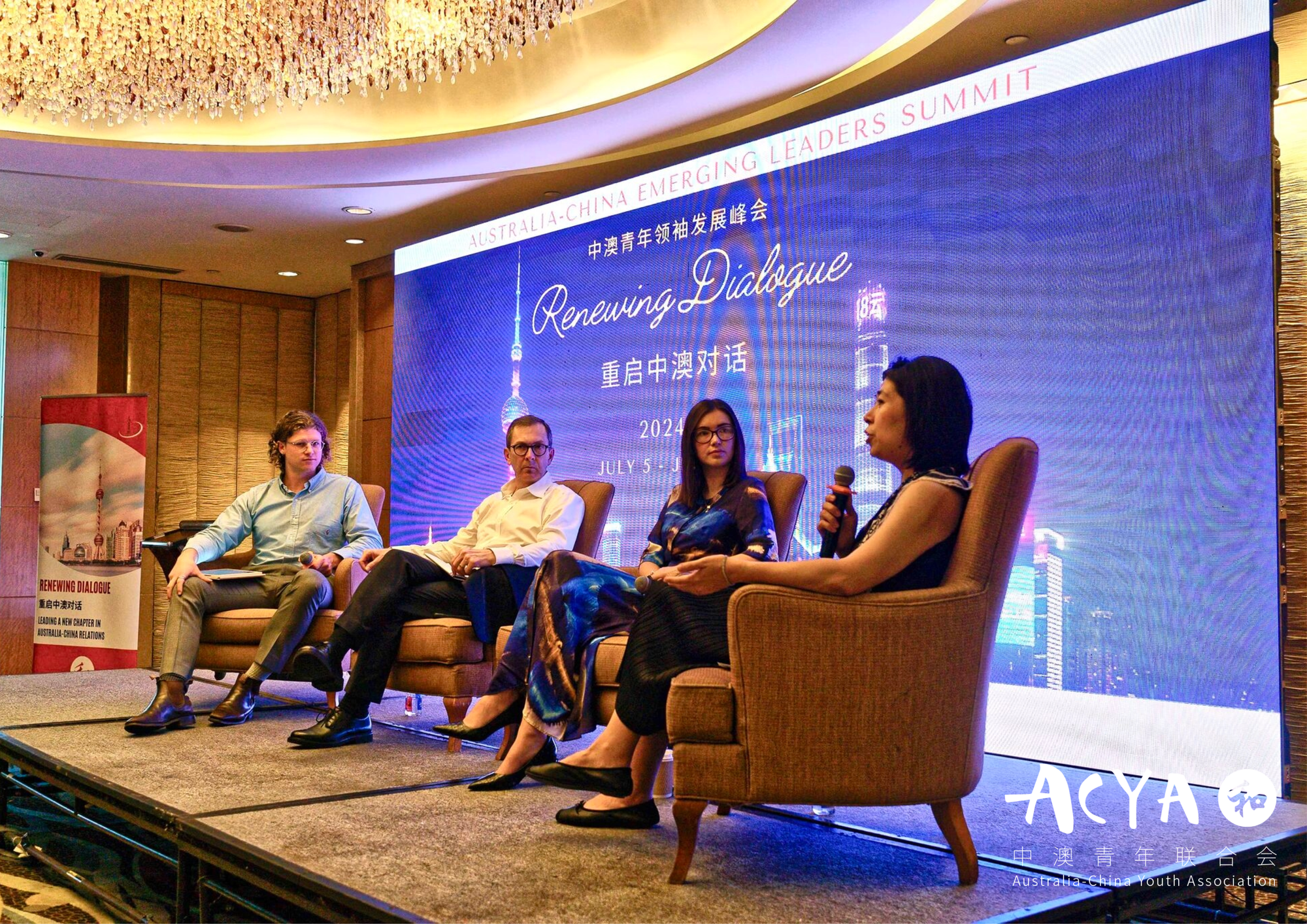
Q: ANU China Centre has held preparatory and career sessions in many cities across China. How do you feel when you meet prospective students and their parents? What aspirations, expectations, or even anxieties do you commonly say? Has it changed recently?
A: To help the offshore students be accustomed to the COVID mode, ANU set up four physical study hubs in Beijing, Shanghai, Chengdu and Shenzhen in 2021. That is the time point we started to meet students, talk to them in person and understand their demands and concerns. Students are quite different. But clearly, they have their ambitions for their future life and career path. What we have been doing is just helping them clear the clues, introducing the right tools and supporting them when they need us. There is one common thing students shared that they all study very hard (and play hard) in ANU.
Q: What drew your interest in the education industry? Was this something you were passionate about during schooling or did it come later?
A: I called it a destined coincidence. I studied overseas more than 20 years ago, and I was truly impressed by my learning experience in the UK. I got into this industry simply because I wanted to make the same perfect experience available to as many Chinese students as possible. A job promoting a foreign university happened to be hiring at the time. So, everything just happened as it should.
Q: Could you briefly discuss the common challenges that Chinese students have faced when studying in Australia over the years?
A: The cultural difference will be the top one on my list. Impacted by the Eastern Asian culture, Chinese students behave more conservatively most of the time. They are talented students and can be more open to hearing more voices also when they express themselves. Living in a friendly multi-national country like Australia, life itself can be a great learning experience. And the language can be a challenge to some of the students. The tip is simple. Speak, speak, and speak.
Q: What are your tips for someone entering the education field, especially for those with a focus on international students?
A: Be enthusiastic and passionate about the industry, always; be sensitive to what is happening in the industry; be considerate and genuine when talking to students.
Superman Flying Across The Continents - David Shares His Life Stories Between Australia and The United States
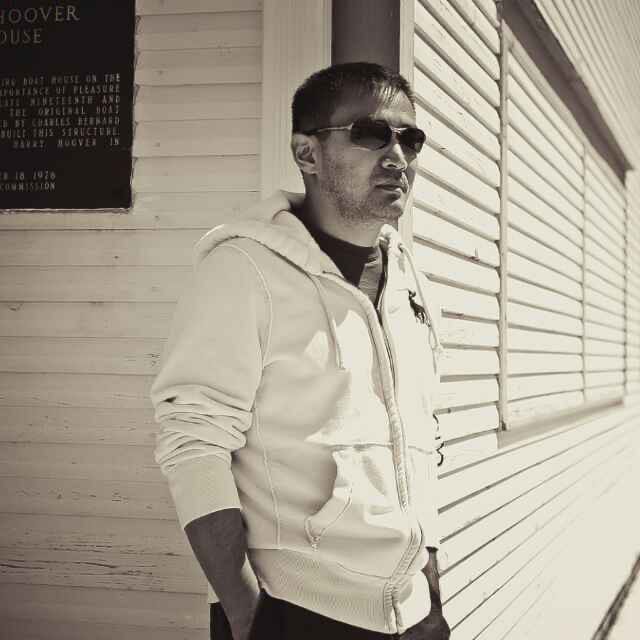
David was born in Shanghai and is a 1970s boy. He has the experience of studying, living, and working in the United States, Australia, and China. His journey has taken him from Fudan University to Queensland University, from New York to Wisconsin, and now to Brisbane. His story is full of excitement and inspiration.
David was admitted to Fudan University’s Shanghai Medical College at the age of 18. After studying there for a year, he immigrated to Australia with his parents and pursued a degree in pharmacology at the University of Queensland, graduating with excellent results within three years. Unsettled with the status quo, David decided to venture further. Therefore, he moved to the United States, where he spent the next 12 years. During this time, he completed a master’s degree in computer science from New Jersey. He worked for two years in New York before pursuing a PhD in Nutritional Sciences at the University of Wisconsin-Madison. In January 2013, David returned to his hometown, Shanghai. In 2021, he moved back to Brisbane, Australia, working as a consultant in the pharmaceutical and healthcare industry.
Today, we focus on his unique perspectives on life in Australia and the United States.
Coffee Culture
The way people drink coffee can tell us a lot about a country’s culture. David mentioned that his classmates from France and Germany were surprised by how Americans drink coffee. In the U.S., it’s common to refill an extra-large coffee throughout the day. Europeans, on the other hand, prefer to savour a small cup of coffee over the course of an entire morning or afternoon. Australia takes a more straightforward approach—it’s all about exploring and enjoying the coffee, with no particular rituals or manners attached.
Personal Finance Management
A notable difference in personal finance between Australia and the United States is the approach companies take. In the U.S., companies are often more aggressive and proactive in promoting their financial management products to customers. In Australia, however, the approach is more conservative. People often research and choose financial products that suit their needs, as banks don’t heavily promote these products. This trend reflects the transparency of Australia’s financial market. It’s also evident in credit card applications—Australian banks set higher bars for credit card applicants.
Pension and Retirement
David believes that policies in Australia on pension and retirement as well as social security are more effective than those in the United States. This is largely due to the variability of policies across different states in the U.S., which creates uncertainty, making it harder for people to plan for their future with confidence.
Work Culture Differences
David currently works for the Australian government and occasionally feels stressed by the workload. However, he noted that it’s nothing compared to the demanding work in the United States. While the U.S. offers a dynamic atmosphere filled with endless opportunities, it also demands a high level of effort and fierce competition to succeed.
David’s journey is more than just a personal journey; it’s a reflection of the intersection of culture, history, and tradition across three remarkable countries. Through his observations and experiences, we gain an authentic glimpse into the realities of life in both Australia and the United States. Whether you’re planning to immigrate, work, or travel, David’s experiences offer a unique and insightful perspective that serves as a valuable guide.
Edited by Bob Fang, Priscilla
Checked and approved by: Josephine Zhang
